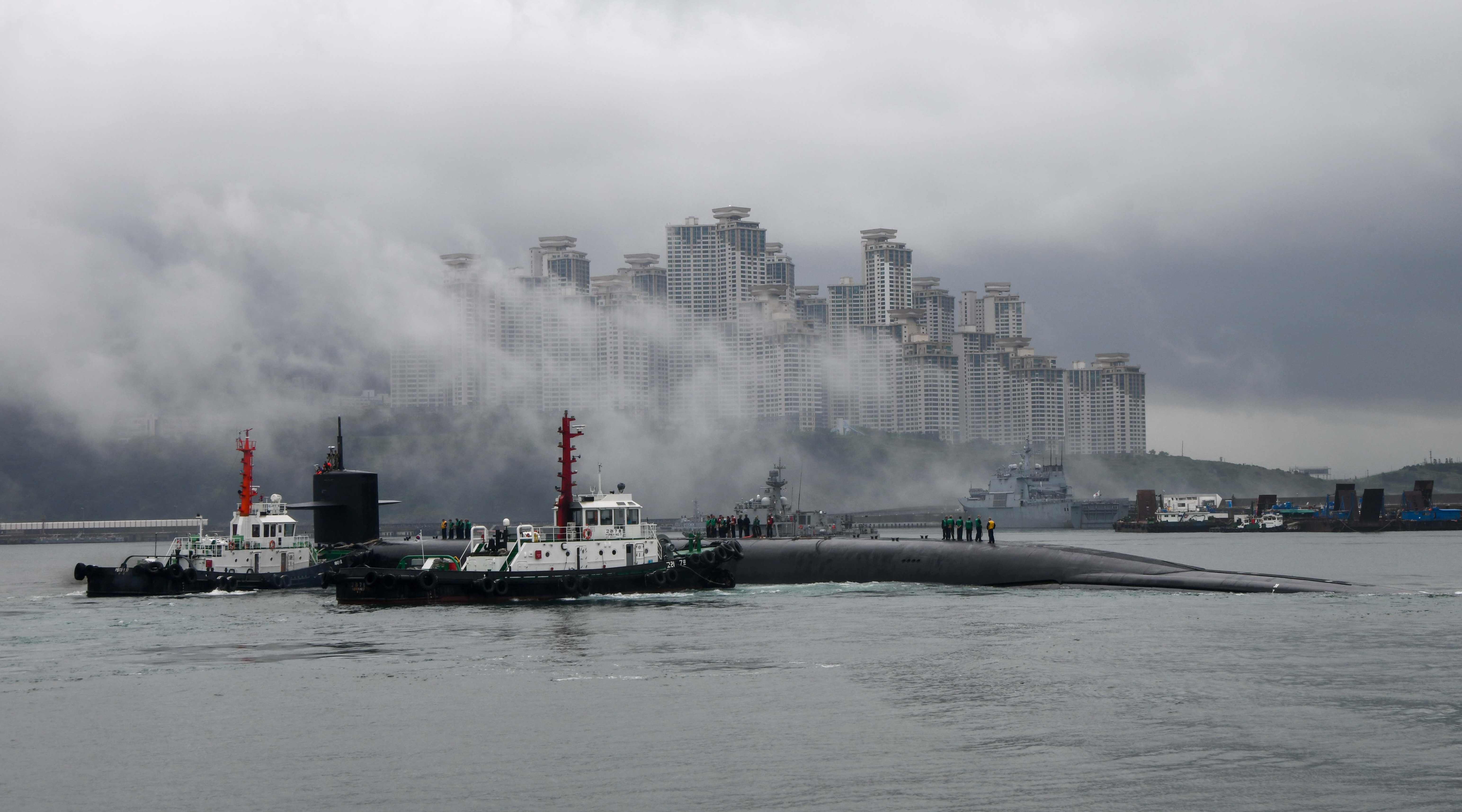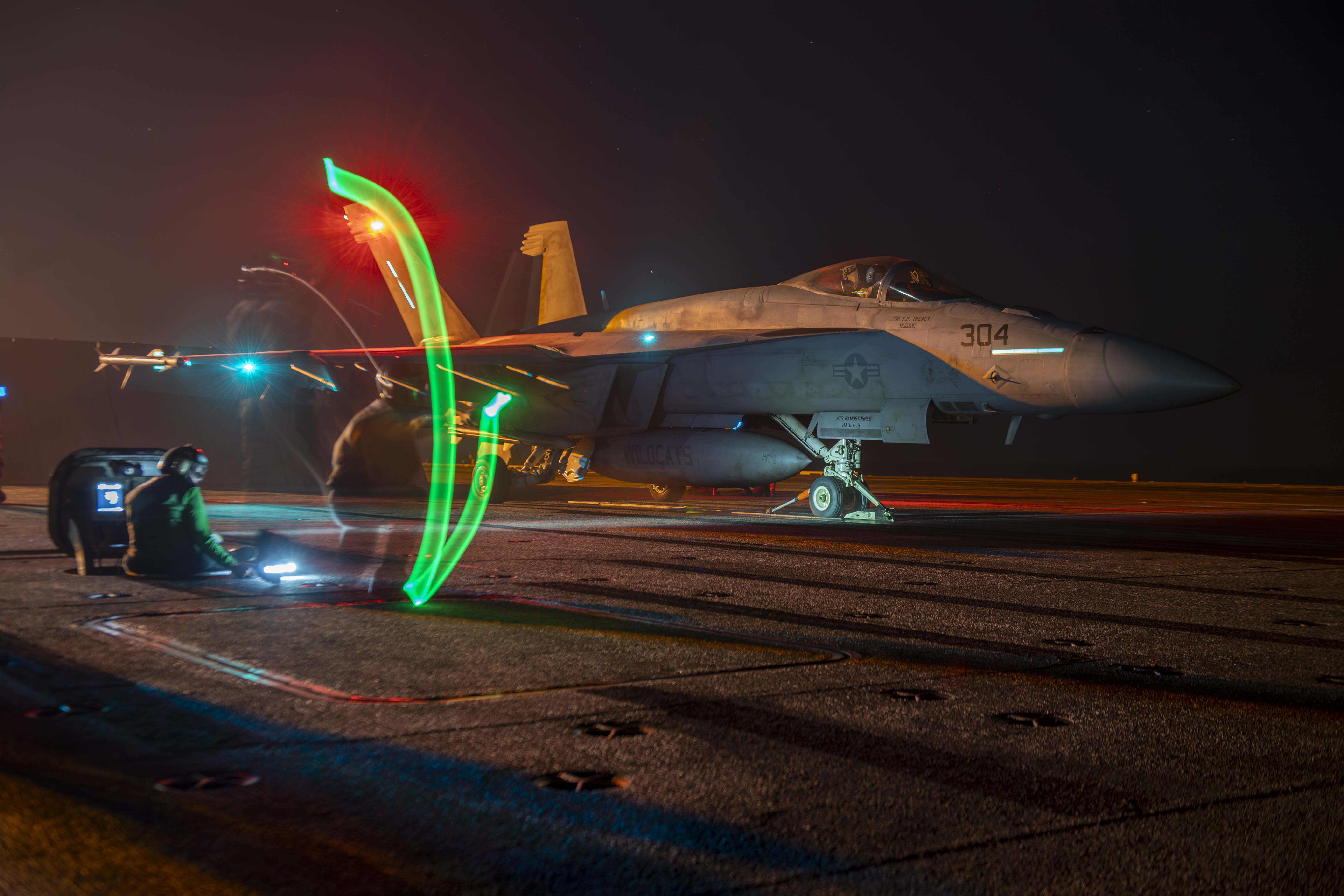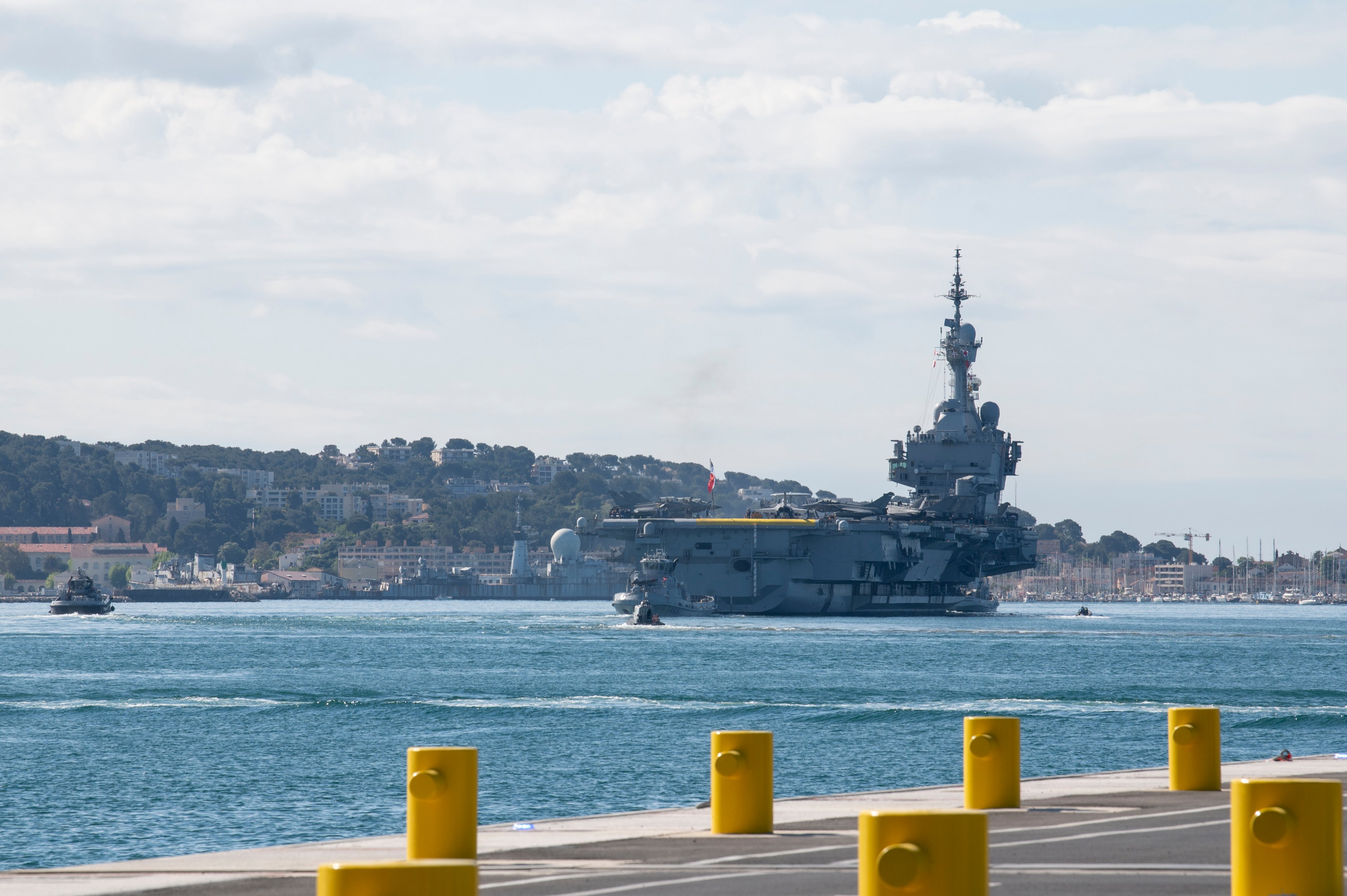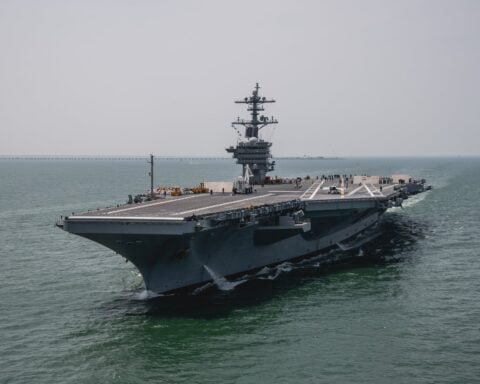
The past several weeks have been surreal for Russia-watchers as the benighted country they follow has enjoyed more media exposure than at almost any other time over the past 20 years. The Russians, often caricatured in the American media as blundering, blustering, and ignorant bullies, have been running diplomatic circles around a disinterested and discombobulated Obama administration. Through skill, persistence, and a fair amount of good luck, Sergei Lavrov and Vladimir Putin managed to get the United States to sign on to a deal that would (with an absolutely enormous “if” around the willingness of the Syrian government to cooperate) peacefully take control of and eventually destroy the Assad regime’s store of chemical weapons. It’s been awhile since the Russians had a moment in the sun that was comparable.
Is the deal negotiated by the Russians and reluctantly agreed to by the Obama administration likely to succeed? No, not particularly. Does it reflect the best possible outcome for America’s national security interests? Also, no. But it is (for now) the U.S. government’s official position and while it does not have a high likelihood of success it nonetheless seems marginally preferable to the guaranteed failure—and enormous bloodshed—that would have accompanied even the most “targeted” military intervention.
It seems the deal is ultimately of limited importance. America didn’t “need” a U.N. resolution to strike Syria any more than it “needed” one to strike Al Qaeda in the aftermath of Sept. 11, 2001. If American public opinion had been demanding a strike on Syria, if there had been overwhelming popular pressure for Obama to “take down” Assad, then the Obama administration, like any other interested in its own survival, would have attacked. It would have done so regardless of the U.N.’s position because the U.N. is, and has always been, a useless talking shop with no real power.* The Obama administration’s pursuit of a U.N. resolution was a delaying tactic, something it did to stall for time in full knowledge of the fact that Russia and China would veto any resolution authorizing the use of force.
But Russia’s success in passing a plan that modestly (for the moment) protects the interests of one of its client regimes has been presented in many circles as an overawing victory, something that signals its re-emergence on the world stage and perhaps even its assumption of a superpower role in the Middle East. So, is Russia “back,” as some more conservative commentators would have it? Did it “win” the fight over Syria?
Well, no.
The world is substantially unchanged. America is, in the middle of September, substantially wealthier, more powerful, and more populous than Russia, just as it was at the end of August. Russia has not suddenly reformed its armed forces so that they are able to project power abroad, nor has it received any new assets that would allow it to play a significant military role in Syria. Its economy hasn’t suddenly ballooned to a size that makes it comparable to America’s (or even China’s) and it still has a number of pressing internal challenges that will be difficult to resolve. All that Russia’s “triumph” has accomplished is temporarily averting an American military strike that never had any meaningful international support and that was extremely unpopular among the American public.
Does the Syria deal show that Russia is a relevant international actor? Yes. But that always has been the case. Even in the 1990s, when its economy was in free-fall and its population was in outright collapse, Russia was important.
Recall all of the back-and-forth about Russia’s opposition to the humanitarian intervention in Bosnia? Even then, when the country was a shadow of its former self, it was still a factor. Russia has always been influential on the world stage because, for all its faults, it is an economically, demographically, politically, and militarily significant country. It is not dominant in any of those fields—but it matters and has always mattered.
Russia’s relevance in world politics isn’t sudden, nor is it something that should be laid at the feet of Lavrov and Putin. Did they play their diplomatic hand well? Yes. Did Obama and his closest advisers play their hand poorly? Also, yes. But the current Russian leadership did very little to create the hand they were playing, and we should absolutely not be shocked that Russia was a significant consideration in a region in which it has had substantial interests for decades.
In general, we should treat “deals” like the recent agreement over Syria skeptically. There is little to keep the deal in place should the two sides sour on it, and virtually nothing in the realm of enforcement mechanisms (which would be de rigueur for any serious treaty). The real underlying bases of Russian and American power have been virtually untouched by recent disagreements over Syria, and so we should not get carried away with fantasies over Russian strength and American weakness. America’s position in the Middle East remains incomparably stronger than Russia’s, and nothing that happens in Syria is going to change that.





